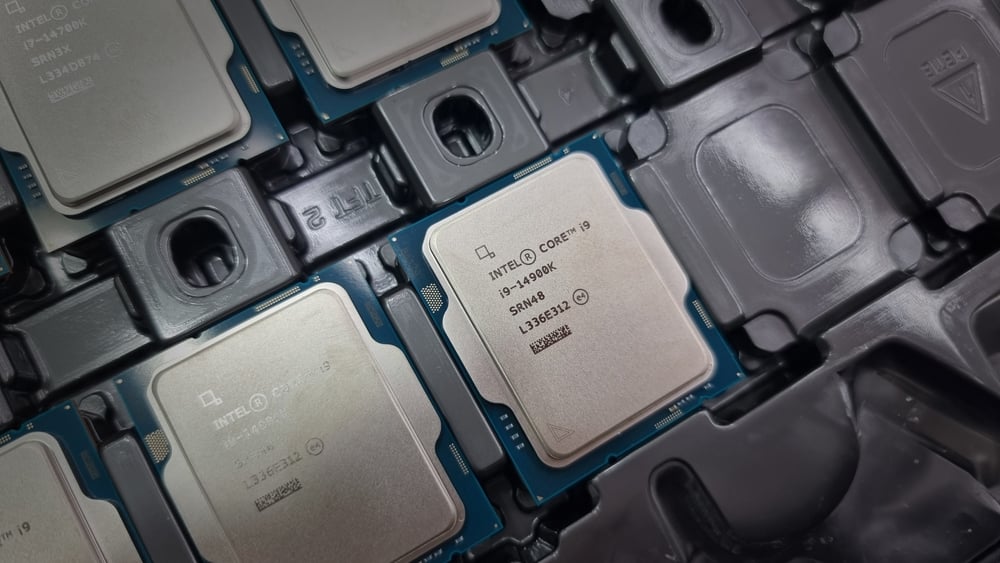Time: 2024-08-14
Asus and MSI have recently introduced preventive software patches to address a bug in Intel CPUs that could potentially cause instability and damage to 13th and 14th Generation Core desktop chips . The patch , named " 0x129 microcode , " is aimed at mitigating the issue , although it can not fully repair the affected Intel chips . MSI has released the patch for six motherboard models , with all Intel 700 and 600 series motherboards and 14th /13th Generation Desktop PCs expected to receive the update by the end of August.
On the other hand , Asus has also rolled out beta BIOS updates for a wider range of 20 motherboard models to address the CPU bug . Intel has identified the specific processors that could be impacted by the bug , offering to replace affected chips and extending the product warranty from three to five years for users who experience issues . Despite being in beta form , the 0x129 microcode patch is expected to provide some relief to consumers worried about the stability of their Intel processors.

In a related development , Intel 's 13th and 14th Gen Core processor users are advised to adhere to the company 's official power limits to use their CPUs safely . A new version of Intel 's microcode imposes a voltage limit of 1.55 volts on the Raptor Lake family of desktop processors to prevent potential damage . Overclocking expert Buildzoid demonstrated that exceeding this voltage limit , even by a few millivolts , could lead to crashes or processor damage.
The microcode patch is being distributed by Intel 's motherboard partners through new BIOS updates for various 600 and 700 series boards . While Intel sets official power specifications , motherboard vendors may offer their own power settings that enhance performance , often defaulting to higher power limits . However , deviating from Intel 's official power settings could disable the 1.55 volt limit intended to protect Raptor Lake CPUs , as observed on certain motherboards.
Intel has clarified that users can still overclock their CPUs but may need to disable specific settings in the BIOS to exceed the voltage threshold . Moving forward , Intel 's motherboard partners will implement the company 's power limits by default , ensuring that users who adhere to the official settings will not be affected . The ongoing developments aim to address the concerns surrounding the Intel CPU bug and provide users with a safer computing experience.